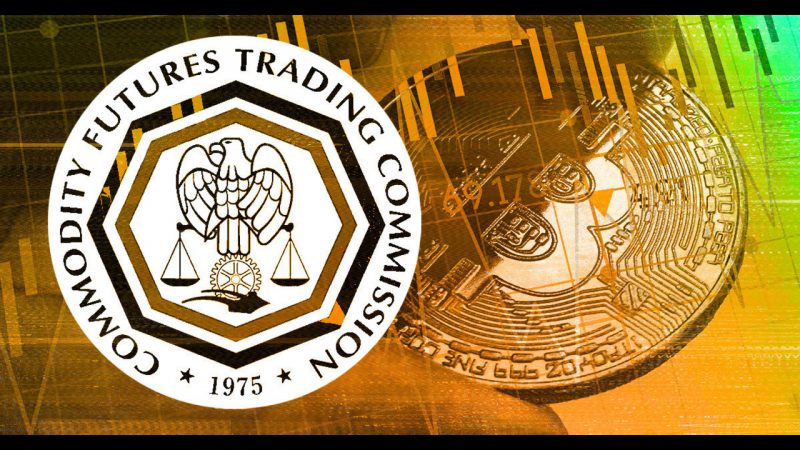Crypto regulations have gained even more relevance after the ruling in the Ripple case last week. While the community celebrated the point earned by the industry as a whole, the SEC seemed disappointed. In a recent interview with Bloomberg, Caroline Pham noted that the SEC and CFTC can work together when it comes to crypto rules.
At the moment, there is still confusion pertaining to which agency has jurisdiction over the crypto industry. While talking about an ideal scenario, Pham introduced the idea of a joint approach. She said,
“I think you’ve seen that [regulatory clarity] with some very big court opinions that have been released. So it is important that the United States regulators work together.“
She further added that she is looking forward to taking part in international and domestic working groups of the FSB to “make sure” that crypto is regulated in a “holistic” way.
Also Read: SEC Chair “Disappointed” By Court Ruling in Ripple Case
Tokenization could help “modernize” financial market: CFTC Commissioner
When asked about the tokenization of assets and the absence of umbrella regulation, the CFTC Commissioner said that it was an “adult conversation” that she has been trying to have for a long time. She explained,
“If you cut away from all the frogs and the get-rich-quick schemes, what institutions, central banks and asset managers have known since at least 2016 and 2017 is that there’s a real opportunity to modernize financial market infrastructure through tokenization of real assets.“
Leaving aside speculative crypto assets, the Commissioner expressed optimism regarding securities on a blockchain. She brought to light that a recent presentation pointed out how $2 billion in back office expenses relating to clearing and settlements can be saved using the technology. She added,
“So you’ve had investment banks talk about a potential 4 trillion to $5 trillion opportunity by 2030. These are real numbers and we’re talking about real markets.”
Pham hopes to avoid a distinction being made between tokenized markets and financial markets in the future. Without taking away anything from innovation, she stressed the importance of having “guardrails” in place. Doing so will ensure that investor protection is not compromised, she added. In fact, she also expected practical use cases, like money market funds going live on blockchains, to increase in the future.
Also, Read: U.S. Banks Might Seek XRP for Cross-Border Transfers: Ripple CLO





